About CABI
CABI is an international not-for-profit organisation. Their work is delivered through teams of CABI scientists and key partners working in over 40 countries. CABI’s mission is “improving people’s lives worldwide by solving problems in agriculture and the environment”.
These problems include loss of crops caused by pests and diseases, invasive weeds and pests that damage farm production and biodiversity, and lack of global access to scientific research.
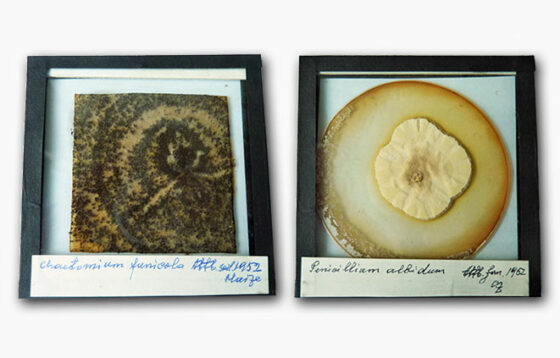
From the Collection
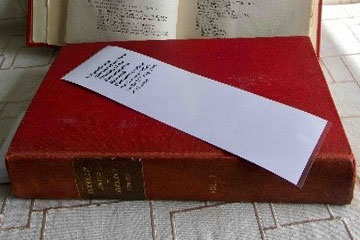
Bound archival volumes of the government documents relating to the formation, development and running of the Imperial Bureau of Entomology and the Imperial Bureau of Mycology, 1909-1933. 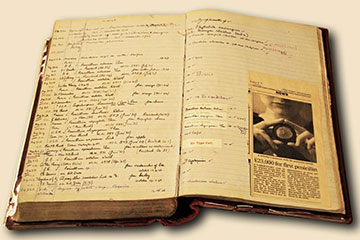
Fungarium Accession Books 1945-1989. Bound ledgers containing documented records of all samples received for identification, containing sender's name, sample details, location and species name. 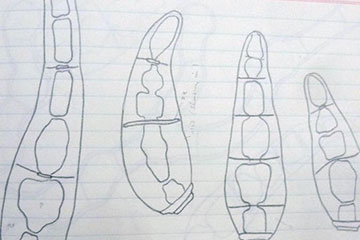
Collection of fungal line drawings and descriptions. Original drawings of fungi in loose-leaf files. 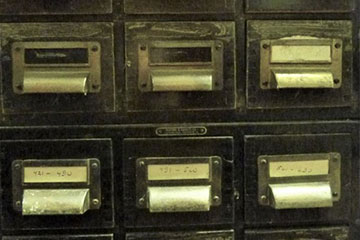
Collection of lantern slides of mounted fungal material.
